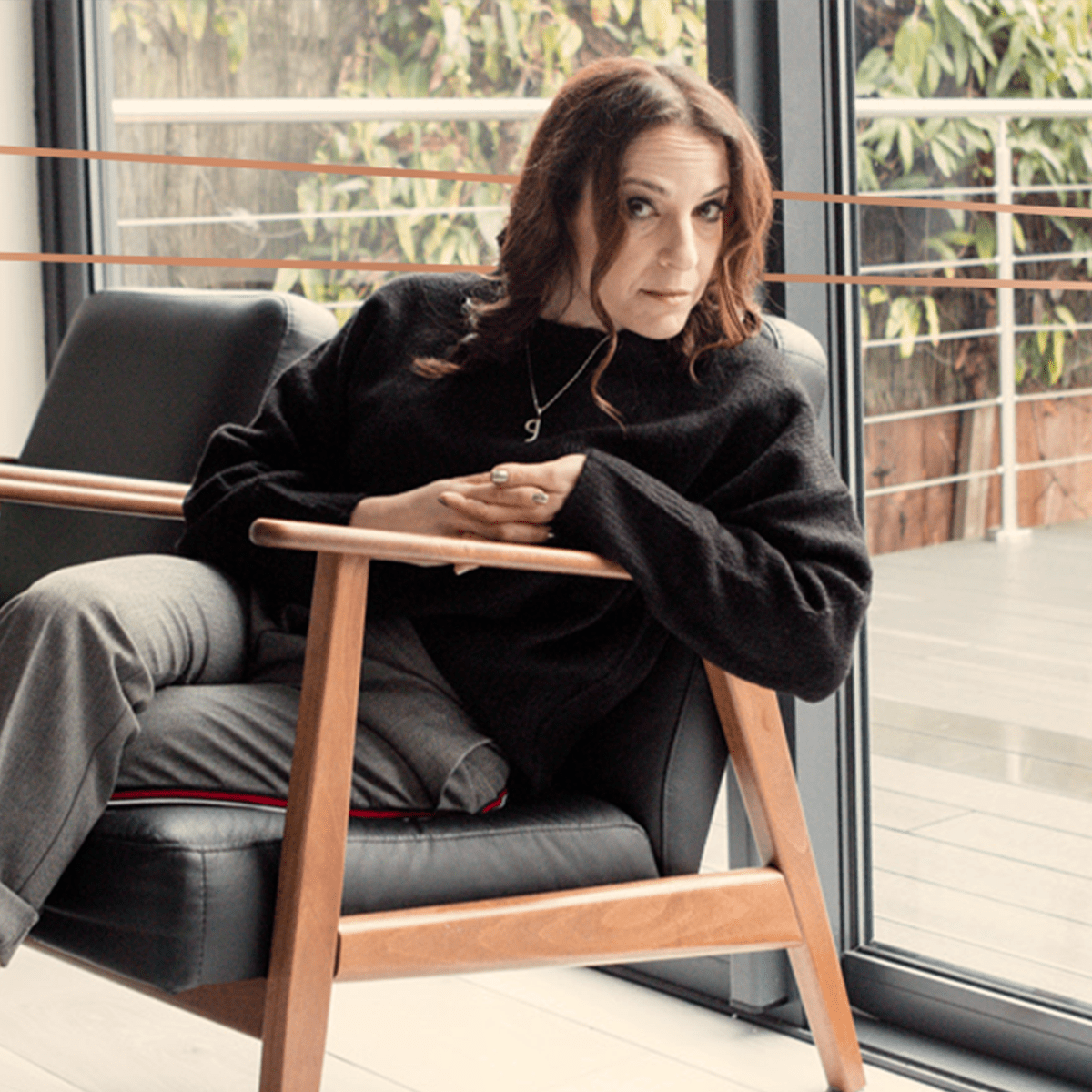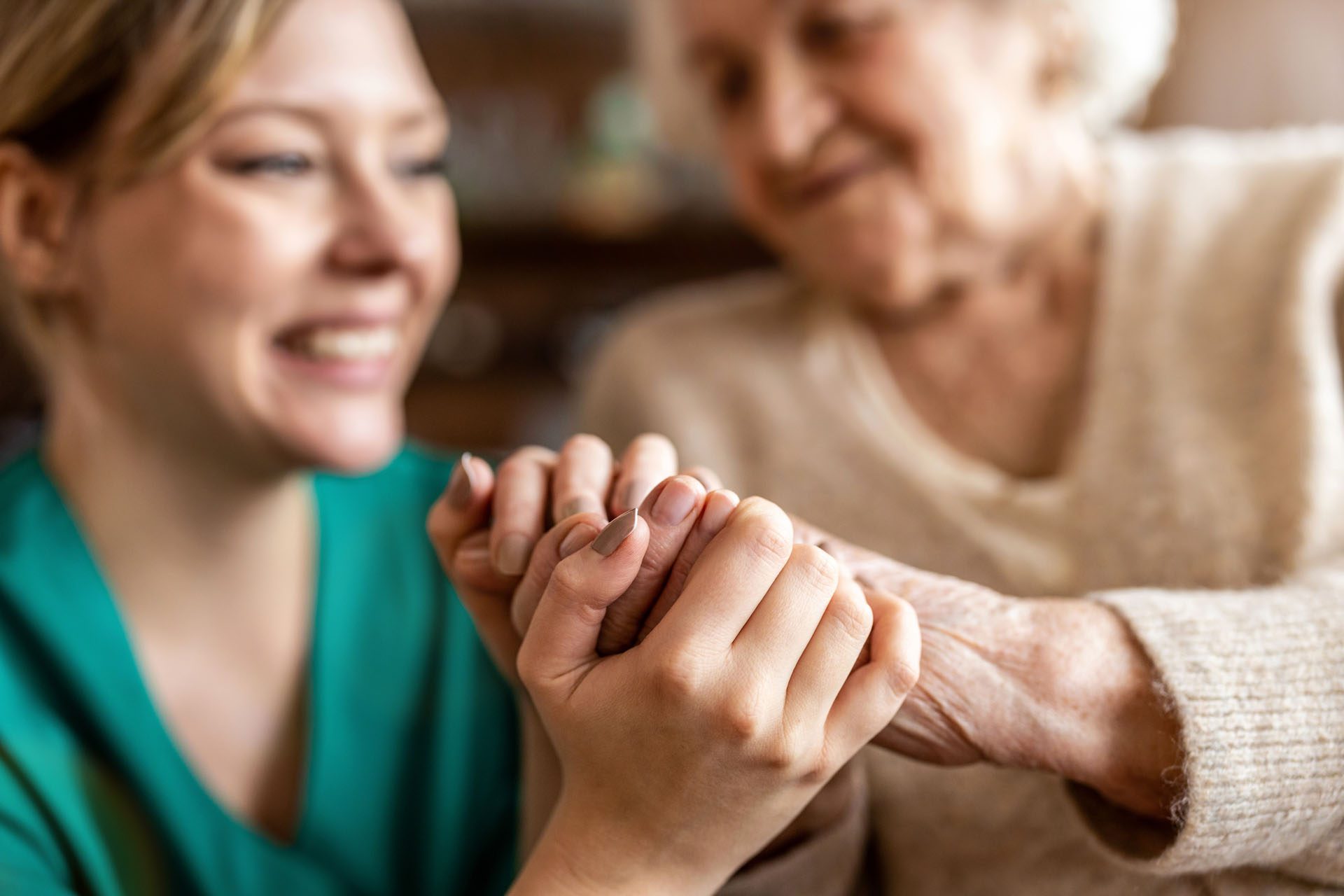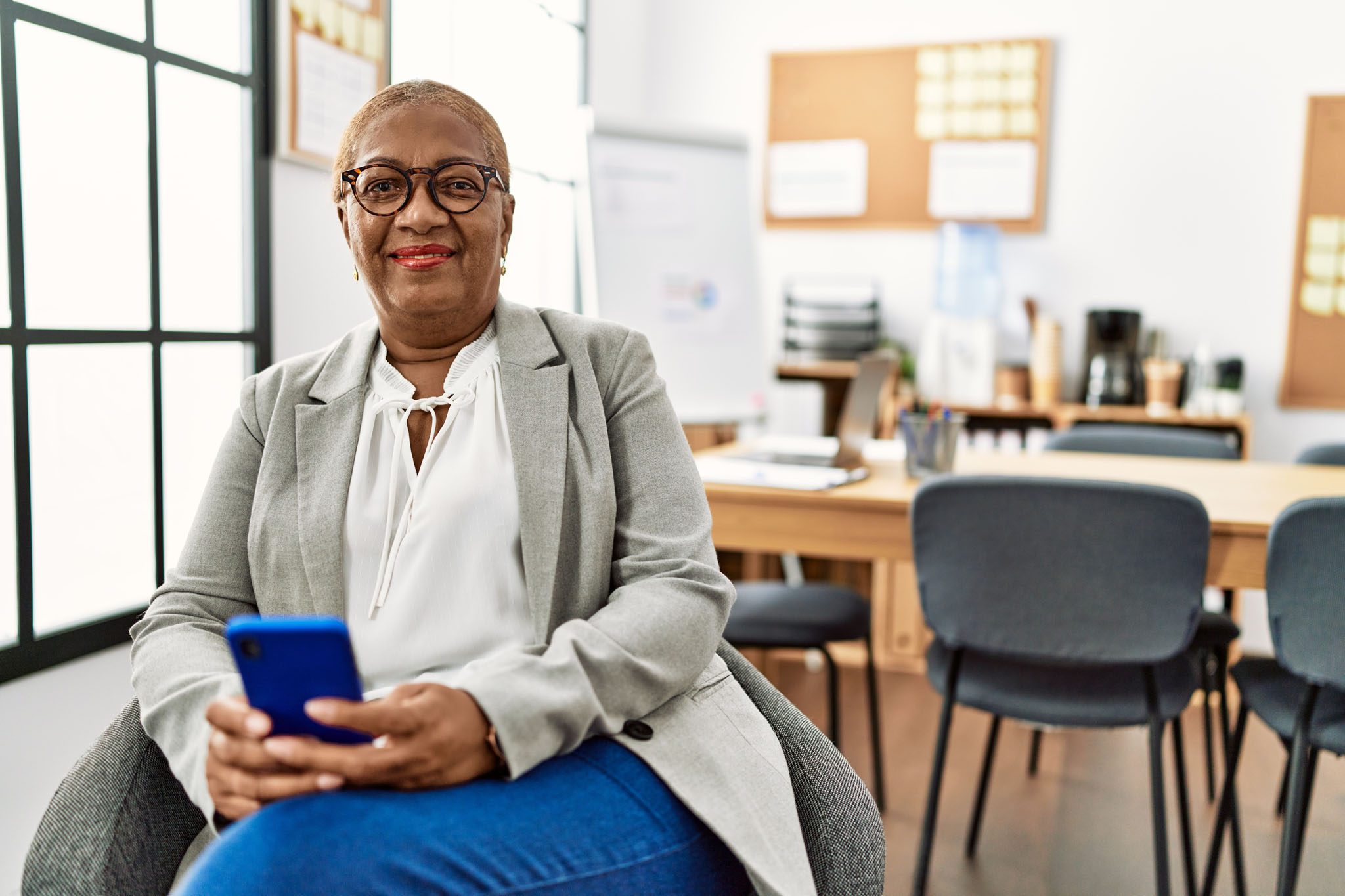Exercising the Brain – How Reframing The Way Moms Think Can Improve Their Well-Being
In mid-2020, as data began emerging on the impact of the COVID-19 pandemic and its effect on the social, emotional, and mental toll it took on women, the Center for BrainHealth at The University of Texas and GoMo Health collaborated to create a program that provides pregnant and postpartum women with brain health tools, strategies, and techniques that are easy to understand and activate within the context of daily living. The goal: To empower women with simple and actionable ways to improve their brain health not only during this most stressful time, but anytime – improving focus, patience, mindfulness and overall well–being.

In the following blog post, American mom of four and blogger, Gila Pfeffer, shares her take on the pandemic and how the future can give us the hope we need to get through the present. Keep reading to hear Gila’s personal story and learn how important social connections and learning to ask for help are to improving whole-person health for moms.
The Best Way To Deal With the Present? Make Plans for the Future
On a frigid Tuesday morning in January 2009, I nestled myself into a mauve, medical-grade PVC recliner on the eighth floor of a New York City medical building. I was told I’d be there for several hours, so I brought a book, some snacks and my spiral-bound address book which was a mess and in need of updating. What I didn’t bring with me was a friend or family member and as the nurse prepped my veins for what would be the first of eight rounds of chemotherapy over the coming months, she asked me, incredulously, why I was alone.
“Oh, I’m fine!” I assured her with the same unconvincing bravado I’d used on my husband when he dropped me off in front of the building thirty minutes earlier. “I finally get some alone time away from my four little kids, I’m not going to share that with anyone ha!” I continued as she deftly positioned a bunch of IV tubes around me and handed me a blanket. A blanket which I politely refused because I didn’t want to look like one of those chemo patients you see in the movies. A blanket which I’d sheepishly ask for an hour later once I understood why chemo patients in the movies are always draped in blankets.
This was my rationale: maintaining my illusion of “everything’s fine” would be much easier if I was alone. It was imperative to my survival that I get though the trauma of having toxic sludge pumped into me every other week by controlling the narrative in my head.
So, I sat there by myself, the sutures from several recent surgeries still raw and bandaged, staring out the window onto the East Side of Manhattan. I watched the world hurry along in its collective down puffer coat go about its business, a world I imagined myself a part of instead of the one I was physically in.
About halfway through my infusion, the reality of my circumstances burst through my carefully constructed wall of denial and set off a geyser of tears. Just then, a nurse walked past my chair and when we made eye contact, I really lost it. Ugly, snotty, indignant wailing, the likes of which I’d never produced before.
I wanted to explain to her that I didn’t belong here among the sick. That I’d had a preventative mastectomy which revealed an aggressive cancer early enough that it wasn’t a threat to my life. But late enough that I needed chemo just to be sure. I had the animal urge to rip out my IV lines and run.
She sat on my arm rest, took my hand in hers (the one without the IV needle jammed into it) and in a soothing, breathy Jamaican voice she said, “SSSHHHHHH, IT’S OK, MY DEAR. MAKE PLANS FOR THE FUTURE.” Her voice reminded me of Sebastian the crab from The Little Mermaid just before he sings, “Under the Sea.” She stroked my hand as she spoke, and I could almost hear the gentle swell of a steel drum band and wind chimes in her words.
“MAKE PLANS FOR THE FUTURE,” she intoned again, and I realized that this must have been part of her training as a nurse on a chemo ward: to give patients hope and encourage them to look past their dire presents and into the future, regardless of their prognoses. Making plans for the future, be it tomorrow, next month or a year from now means that we have hope. And hope is essential to survival.
I’ve been thinking about what that nurse said a lot lately. So many people are suddenly booking travel, planning future milestone celebrations and talking about which restaurants they’ll eat in when they open again. (This is reminiscent of that thing Jews do in the final hours of Yom Kippur, when it’s almost time to eat but not quite yet; we fantasize about what we’ll eat first once the fast is over. If that isn’t planning for the future, then I don’t know what is.) We are exhausted, isolated, frustrated and enduring this pandemic for way longer than we ever thought we’d have to or be able to.
Even while we are still in it, we look past this time, into a future that we know is waiting for us and in doing so we have something to focus on other than the endless grind of right now. I’m planning to get my ass into a spa the minute one opens and spend Passover with our family in Florida and be there when my little sister has her first baby in Israel this summer, God willing—the sister whose wedding I missed in September due to you-know-what.
****************
I didn’t need hope or encouragement that day in January. I was going to be fine; I was making plans for our family’s move to England later that summer. What I needed was to be less of an idiot and get some backup in there to support me. I immediately called a close friend who was on standby not far from the hospital and within ten minutes she was by my side, laughing with me at the lame recipes in the cancer-free cookbook one of the nurses had shoved into my hands until it was time to drive me home.
Later that week, I made plans to have a friend with me at my remaining seven sessions and to try to be generally less stubborn. I’m pleased to report that I achieved fifty percent of these goals!
_________________
Read more of Gila’s work on her site The Mom Who Knew Too Much, or follow along as she shares her story on social @gilapfeffer.
To learn more about our new Maternal Brain Health program fill out the form below or click here to schedule a demo.







Find Us Online